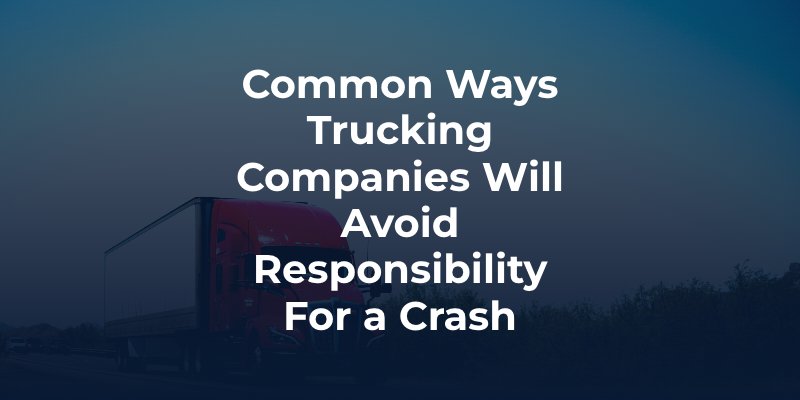
Because commercial trucks are so large and heavy, accidents involving them often lead to serious injuries or even death. When a crash happens, trucking companies may be quick to protect themselves from blame.
Many companies use legal loopholes or specific tactics to shift the responsibility away from their drivers and avoid having to pay damages to those who have been harmed. Understanding these strategies is important for anyone affected by a truck accident. Strategies often include:
Shifting Blame to the Driver
One of the most common tactics is for companies to say that the crash was solely the driver’s fault. They may argue that the driver was reckless, distracted, or violated company policies. By focusing on individual error, the company tries to disconnect itself from any responsibility. In many cases, the company is liable anyway because of vicarious liability. However, if the company can convince their insurer or the court that the driver violated a policy or acted directly against the company’s wishes, they may be able to avoid liability.
Your Case Will Get
The Attention It Deserves
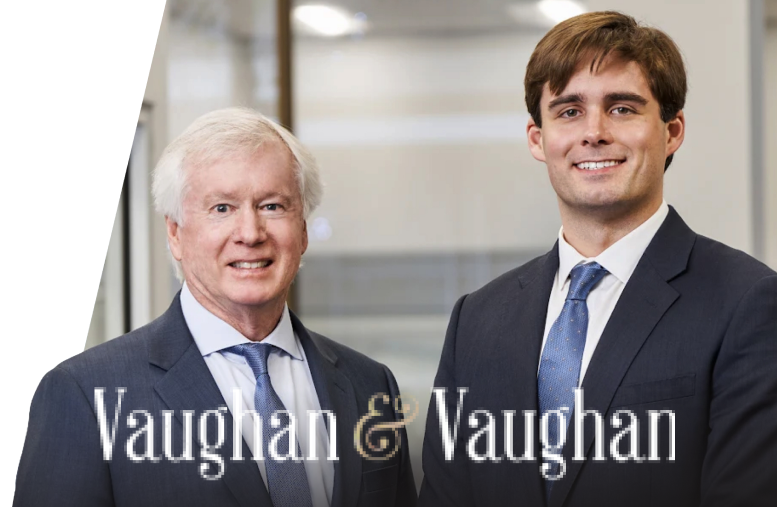
Denying Responsibility for Maintenance Issues
Trucking companies often try to avoid liability for accidents by shifting blame onto third-party maintenance providers. If a truck’s brakes fail or there is another mechanical problem, the trucking company might argue that the shop or contractor responsible for repairs did not do their job properly. By claiming that maintenance companies or outside mechanics are at fault, they hope to escape responsibility for keeping their vehicles in safe, working order.
Blaming Weather or Road Conditions
Another approach is to blame rain, snow, fog, or poor roads for the accident. Trucking companies sometimes use these factors to distract from poor training, overworked drivers, or not enforcing safe practices.
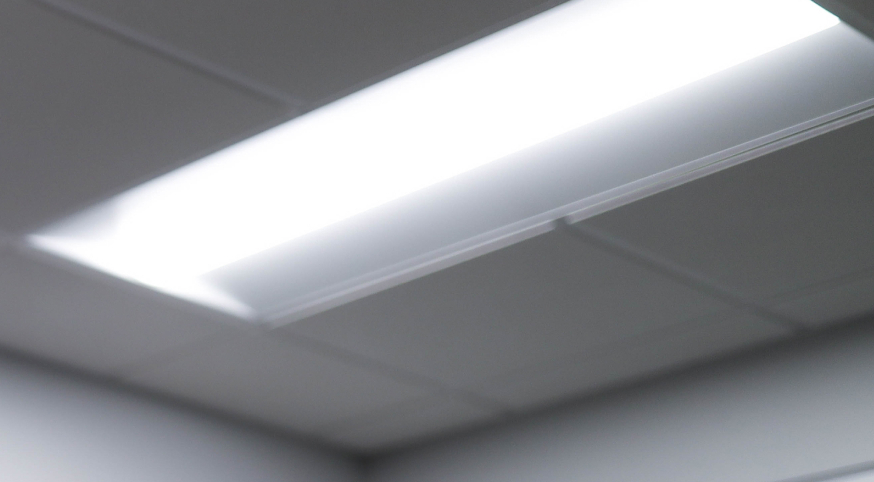
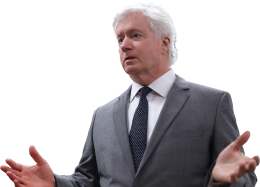
Challenging the Evidence
Trucking companies frequently attempt to avoid liability by attacking the evidence presented against them. They might question the accuracy of accident reports, dispute the results of drug or alcohol tests, or argue that video footage and electronic logs are incomplete or misleading.
In some cases, they even go a step further and attempt to hide or withhold important evidence, such as maintenance records or “black box” data from the truck’s internal computers. Sometimes, they bring in their own experts to offer alternative explanations for how the crash happened. By casting doubt or restricting access to facts, these companies aim to limit their responsibility in your case.

Manipulating Insurance
Trucking companies often find and use loopholes within insurance policies to minimize the size of any payouts. This may involve using complicated insurance structures or arguing that their coverage doesn’t apply in certain cases.
Understanding these practices can help accident victims and their truck accident lawyers push back and seek the compensation they deserve.
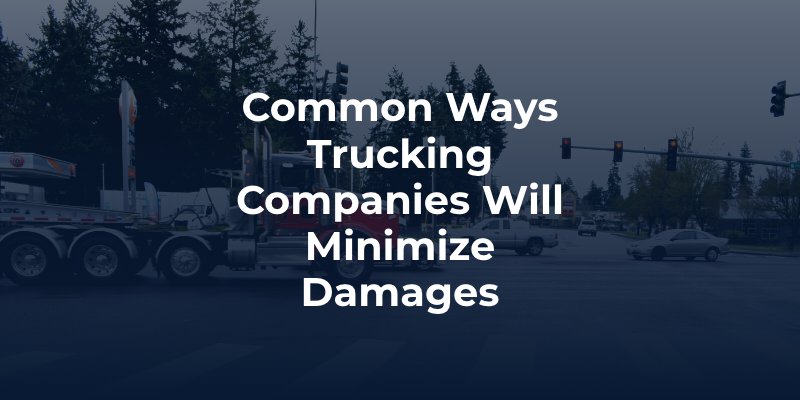
How Trucking Companies Attempt to Minimize Damages
Aside from avoiding blame, trucking companies frequently try to limit how much they must pay after an accident. They rely on various methods to keep damages as low as possible.
Settling Quickly for Lower Amounts
Many companies reach out to victims soon after a crash and offer to settle quickly. While this may seem helpful, the goal is often to resolve the issue before the full effects of the injuries or damages are clear, saving the company money but leaving victims without enough compensation. These fast settlements come with agreements that prevent you from seeking more compensation later, even if new injuries or problems arise.
Discrediting Victims or Witnesses
Companies might try to question the honesty or reliability of those injured or any witnesses. By pointing to inconsistencies in statements or background information, they try to cast doubt on those making claims. They may also hire private investigators to look into your personal history and review your social media posts to attempt to find inconsistencies or exaggerations to hurt your credibility.
Downplaying the Severity of the Crash
Another common move is to suggest that injuries or property loss aren’t as serious as claimed. They might challenge doctors’ reports or say that previous health conditions are to blame, hoping to lessen what they have to pay. In some cases, they could even argue that the injuries happened after the accident, not during it, in an attempt to minimize their financial responsibility.
These strategies can make it very difficult for crash victims to get fair treatment without experienced legal help.
How Trucking Companies Use Comparative Negligence To Reduce Liability and Payouts
Trucking company lawyers might argue the person injured in the accident was partly at fault. In Indiana, car and truck accidents follow a system called modified comparative negligence when deciding who can collect damages after an accident. This means you can still receive money for your losses as long as you are not mostly to blame for what happened.
If you are 51% or more responsible for the accident, you won’t be able to collect any compensation at all.
- Sec. 6.
- (a) In an action based on fault that is brought against:
- (1) one (1) defendant; or
- (2) two (2) or more defendants who may be treated as a single party; the claimant is barred from recovery if the claimant’s contributory fault is greater than the fault of all persons whose fault proximately contributed to the claimant’s damages.
- (b) In an action based on fault that is brought against two (2) or more defendants, the claimant is barred from recovery if the claimant’s contributory fault is greater than the fault of all persons whose fault proximately contributed to the claimant’s damages.
However, if you are less than 51% at fault, whatever money you are awarded will be reduced in proportion to your share of blame. For example, if you are 30% at fault for the accident, your total recovery would be reduced by 30%. If the trucking company can convince the court that you are partially responsible for the accident, this will reduce their payout.
Contact us today to discuss your situation and learn how we can help you pursue fair compensation.




